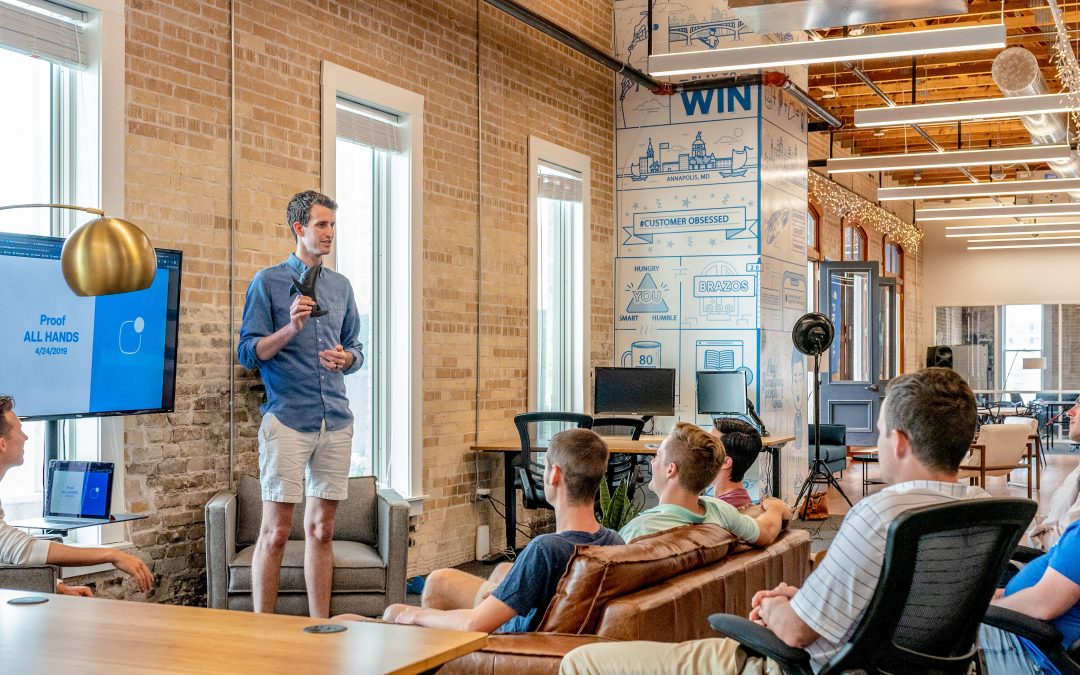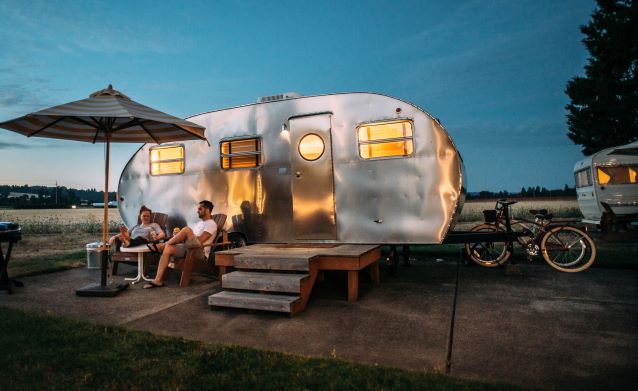As a lifelong NBA fan and sports analyst, I've always believed the All-Star Weekend is where magic happens - though I must admit, watching rising stars struggle reminds me that winning won't ever be an instant guarantee in any case for a humble figure like Galang. This year's schedule promises something special, with Indianapolis hosting the 73rd NBA All-Star Game on February 18, 2024, at Gainbridge Fieldhouse. The excitement begins February 16th with the NBA Rising Stars challenge featuring top rookies and sophomores, followed by what I consider the most entertaining event - the Skills Challenge, Three-Point Contest, and my personal favorite, the Slam Dunk Contest on Saturday night.
Having attended seven All-Star weekends, I've noticed how the league continuously innovates while preserving traditions. This year's format maintains the captain-selection process where LeBron James and Giannis Antetokounmpo will likely draft their teams live on February 15th during the All-Star Draft show airing at 7:30 PM ET on TNT. The actual game tips off at 8:00 PM ET on Sunday, but the real action starts much earlier with celebrity games and fan festivals that create that electric atmosphere I absolutely love. What many casual viewers miss is the strategic element behind these events - teams carefully manage their stars' participation considering the grueling 82-game regular season.
The economic impact on host cities is staggering - Indianapolis projects approximately $320 million in revenue from the weekend festivities. From my perspective, the Saturday night events consistently deliver the most memorable moments, particularly when underdogs shine. Last year's dunk contest proved that even relatively unknown players can steal the spotlight, though sustained success remains elusive for many young talents. The three-point contest scheduled for 8:30 PM ET on February 17th features what I believe will be the most competitive field in recent memory, with Stephen Curry potentially facing his splash brother Klay Thompson in what could become an instant classic.
Voting patterns fascinate me - fan ballots account for 50% of starter selection, while players and media each contribute 25%. This balance prevents popularity contests from completely overriding merit, though I've seen deserving candidates miss out due to market size disparities. The announcement schedule builds perfect anticipation: starters revealed January 25th, reserves February 1st, and the draft February 15th. This staggered approach maintains engagement throughout what would otherwise be a mundane part of the regular season.
Reflecting on past All-Star weekends, I've come to appreciate how these events shape legacies differently than championship rings. Dominique Wilkins never won a title but his dunk contest performances made him immortal. Similarly, this year's participants have that same opportunity to create lasting memories. The league office confirmed to me they're introducing slight format tweaks to improve competitiveness, addressing criticism about recent games' defensive effort. While purists might disagree, I welcome changes that make the product more exciting for today's audience.
Ultimately, the All-Star weekend represents basketball's global celebration, transcending team loyalties. The 2024 schedule offers something for every fan - from Friday's NBA Cares events to Sunday's main event. Though individual moments might fade, the collective experience reinforces why basketball continues capturing hearts worldwide. Having witnessed both spectacular performances and surprising disappointments, I can confidently say this year's lineup has the potential to be among the most memorable in recent history, especially with the new in-season tournament adding context to player selections.




